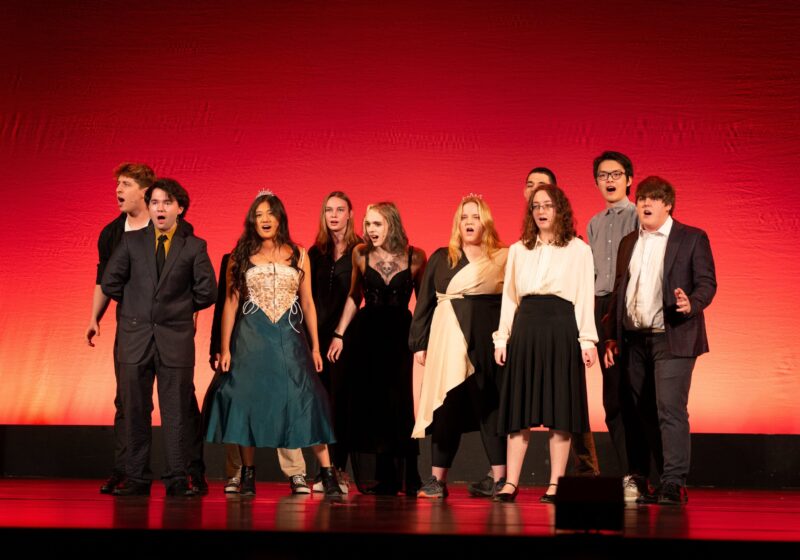As we prepare to vote in this country, a similar political process is taking place on the other side of the globe. In Russia, the upcoming general elections have stirred much skepticism in the Western community.
The main problem is that of President Vladimir Putin’s disregard for Western standards of democracy. For the past eight years, he has ruled the country with no political opposition and he is sure to continue his policies as the prime minister. Dmitri Medvedev, the man picked by Putin to run for (and win) the presidency, is understood by all to be the guarantor of Putin’s politics for at least the next four years.
All in all there is a lot of undemocratic stuff going on in Russia that has everyone a little jarred on this side of the pond. Over the past eight years, President Bush’s relationship with Putin has turned “chilly” according to the New York Times.
The Times, CNN and other news sources have often run stories about the cold, calculated and dictatorial presence of Putin on the world stage. Hillary Clinton has also said that Putin, as a former KGB agent, “by definition doesn’t have a soul.”
Despite the undemocratic tendencies of the leader, even The Times admits that Putin is, in fact, “the country’s most popular politician,” and Time Magazine has also voted him “Person of the Year” for 2007.
Now, one might wonder how a man who suppresses freedom of speech, eradicates political opposition and disregards the advice of the free West can be so beloved by his people.
The answer became clear after just a two-week stay in St. Petersburg this past January. It had been five years since my last visit to my hometown and the amount of change that has occurred was shocking.
Life in St. Petersburg has gotten visibly better. When talking with older people about Vladimir Putin, their usual reaction is a smile, a softening of the eyes, a sense of gratitude and appreciation for the president. Why? He has raised pensions and, more importantly, raised the country to a place of importance on the world stage.
I mentioned the fact that ordinary conveniences and food have gotten very expensive, but it seemed to be a moot point every time. The people I talked to, young and old, were too happy about the amount of choice and quality available to be angry about the prices.
So, despite the rise of prices, people attribute the increased amounts of commodities and products (which are mundane here in the West) as a direct sign that Putin has made the country better and stronger and has raised the standard of living. Meanwhile, younger people are more impressed by Putin’s power to unite Russia under one set of values, a sense of strength and power as a nation.
What has to be understood is the fact that Russian people living with seeming democratic freedom in the 1990s also experienced some of the worst economic crashes, periods of severe poverty (often paychecks would stop being issued) and a total lack of confidence and security in their futures.
Now, the country has regained stability and, regardless of the fact that the government is more stringent, people love Putin because they can count on him. It is easy to criticize the Russian political system from afar when one does not know what total chaos feels like, but even with these iron-fisted methods, life has gotten better for Russians, and we have President Putin to thank for that.
Dukmasova is a member of the class of 2011.




